Delta variant surprises experts, defies expectations and has blindsided NSW authorities
NSW was the model state on controlling Covid-19 before the Delta variant came along. But the virus has surprised even experts in the field.
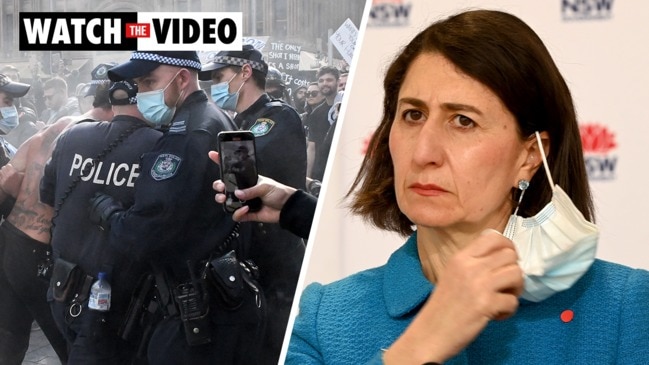
Covid-19 cases in Greater Sydney remain stubbornly high despite authorities’ best efforts and Delta’s relentless spread has shocked even some experts.
Burnet Institute epidemiologist Professor Michael Toole told news.com.au the institute was “surprised and disappointed” that no clear impact of the original stage three restrictions announced in NSW on June 26 — including mandatory masks, stay-at-home orders and a limit of five guests in homes — had yet been seen.
Prof Toole said they would have expected to see the impact of the restrictions by now.
He said the same level of restrictions introduced in Melbourne last year (before masks became mandatory) reduced the reproductive rate by around 15-20 per cent and this led to a “hinge” or significant bend in the outbreak’s trajectory 14 days later.
There’s been no hinge yet in Sydney, with the five-day average of new daily cases reaching 122 on Saturday and 135 on Sunday, up from 109 on Friday.
“We would have expected Sydney’s combination of stay-at-home orders — even though it was loose because people could still go to IKEA — plus masks indoors, would have had an impact but we haven’t seen it yet,” Prof Toole said.
He said the introduction of masks in Melbourne reduced the rate by a further 20-30 per cent, which led to a bend in the curve, and Stage 4 reduced this to well below one and helped the state get cases down to less than five cases a day.
It is just one of the ways the Delta variant has defied expectations and disrupted the well-oiled response that has so far kept outbreaks under control and NSW’s economy open for business.
NSW authorities say the situation in Sydney’s southwestern and western suburbs is now a “national emergency” and they will focus their efforts on stopping the spread in five local government areas.
On Friday, NSW Premier Gladys Berejiklian called on the national cabinet to urgently redirect extra vaccine doses to these residents, including for the mass vaccination of workers aged under 40 years old.
But that request – which Ms Berejiklian did not formally put to the Commonwealth and the other states – has been rejected by other states.
Deakin University epidemiologist Professor Catherine Bennett told news.com.au that the country was in a transition phase when it came to dealing with Covid-19.
“Our old methods – whether they were in Melbourne or Sydney – worked before but neither work now,” she said.
RELATED: NSW says Covid outbreak is ‘national emergency’
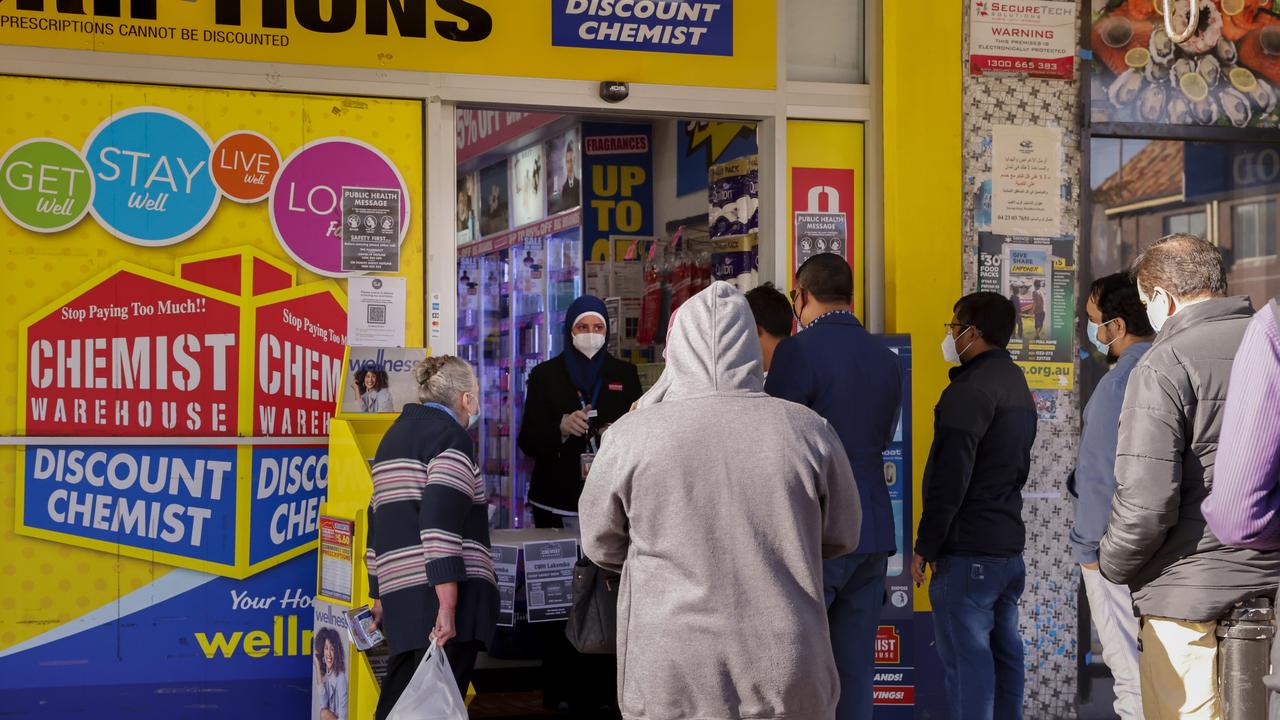
“Even Melbourne locking down early hasn’t shut down the risk – although they might have a better outcome only because they learnt from Sydney (so may have locked down earlier than they would have),” Prof Bennett said.
Melbourne went into what was supposed to be a “snap” lockdown on July 16, with hopes that restrictions could be lifted five days later but authorities were forced to extend the measures for a week after the emergence of more cases.
Despite its fast action — Victoria went into lockdown just two days after the first cases were discovered when there was a total of 14 cases — the virus has still managed to spread, growing to 133 active cases in just over a week.
The outbreak has also spread to South Australia, which this week introduced a tough lockdown with the harshest restrictions of any state.
Prof Bennett said the future challenge for authorities would be to understand the situations where the virus could cause a problem, including an assessment of not just what variant was circulating but also where it first appeared.
She said emergence of cases at the Melbourne Cricket Ground (MCG) and a shopping centre at Sydney’s Bondi Junction early in the outbreaks may have made a difference to how widely the virus was able to spread.
The rapid spread may also have caught authorities off-guard because a previous outbreak of Delta in Victoria and NSW this year did not take off.
Prof Bennett said this could have been because Melbourne was already in lockdown at the time the cases were discovered. The cases in NSW were also limited to a Victorian family who went camping on the state’s coast, well away from Sydney’s dense population.
She said the previous strain may also not have been as infectious as the one current circulating in Sydney.
“All Deltas are not the same,” Prof Bennett said.
While the Sydney lockdown did not yet look to be driving cases down, Prof Bennett said it was keeping a lid on infections.
“It’s buying time to figure out how on earth to shut down transmissions and to close this off completely,” she said.
But Public health expert Professor Joel Negin of Sydney University told ABC radio’s RN Breakfast show the outbreak in Greater Sydney was “pretty close” to spinning out of control.
RELATED: What a radical lockdown in Sydney could look like
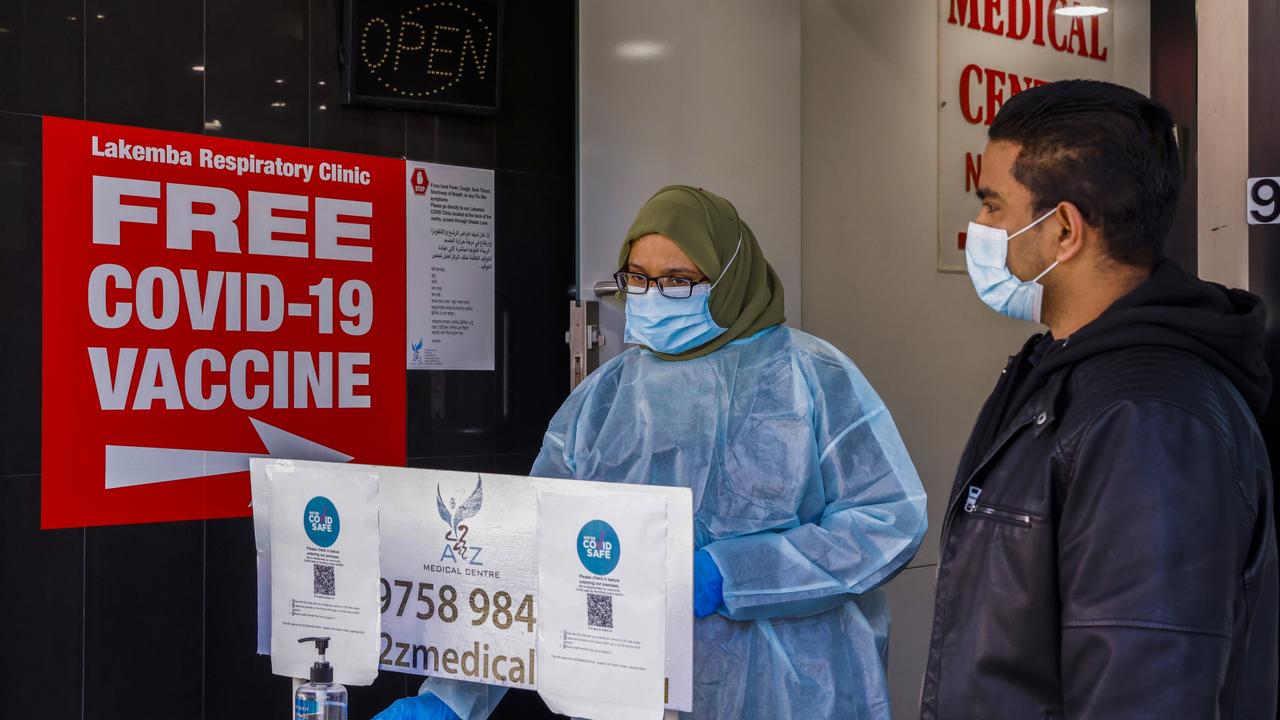
“I think we all have to admit that the containment methods for this Delta variant are not looking great and we might need to be changing our expectations for what victory is here,” Prof Negin said on Friday.
He said the old model of traditional contact tracing and getting the number of new cases down to zero, which has defined the Australian response, may not be achievable in the current environment.
Prof Negin said the alternative would be to try and limit cases but also to acknowledge that the goal of zero cases, and the reporting the number of cases every day, was not actually what authorities should be doing.
“I’m not sure if this push to zero … is actually realistic I think we might need to start to have that conversation of a different mode to Covid control,” he said.
It comes as the Australian Medical Association also warned that lockdowns may not be strong enough to contain Delta.
“Australia’s lockdown strategy – that’s worked so well with all the previous outbreaks we’ve had – is simply not strong enough, not fast enough, to deal with Delta,” AMA president Omar Khorshid said.
“And it’s possible a new approach, in particular for Sydney but possibly for the rest of the country, will be required.”
The NSW Premier warned Friday that residents could be living under restrictions until October when much of the population should be vaccinated.
“Our challenge is … to live as freely and as safely as possible until we get enough vaccines in arms. That means that we need to live as freely and as safely as possible during August, September, and October,” Ms Berejiklian said.
RELATED: Why life won’t be able to go back to normal after Delta
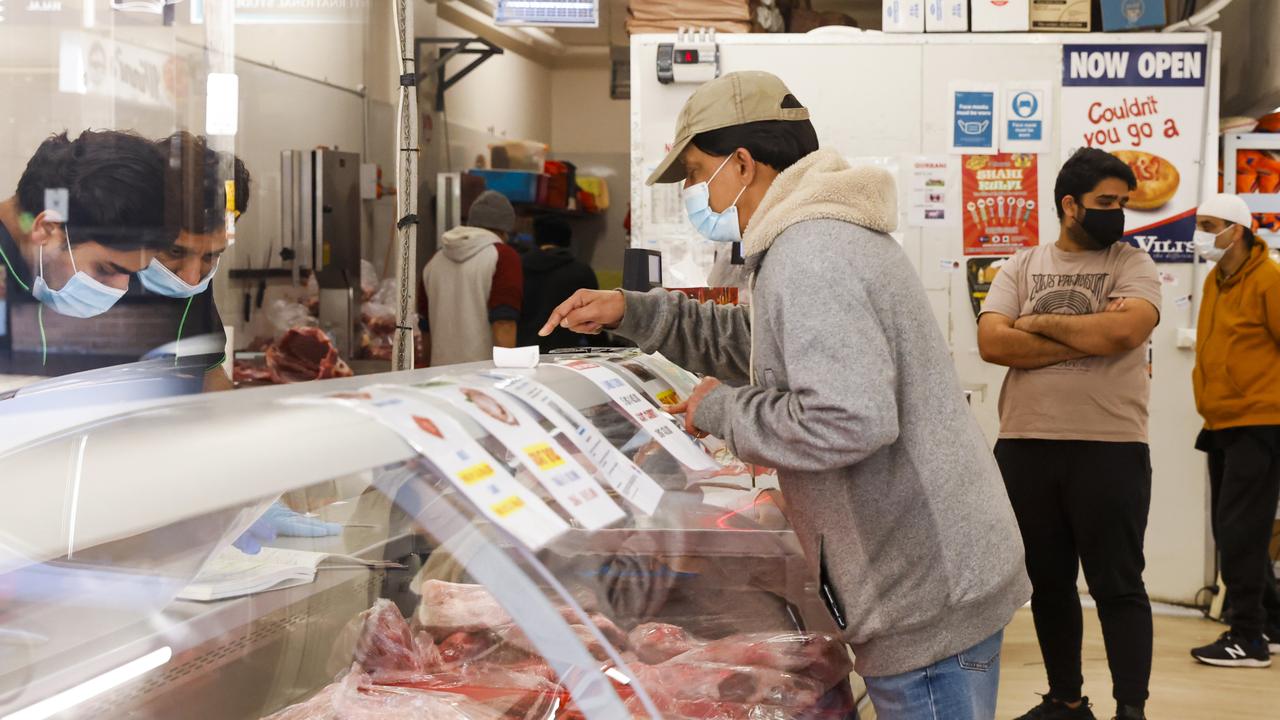
Next week in NSW will be crucial
Covid-19 modeller Professor Mikhail Prokopenko of the University of Sydney said the virus appeared to have doubled its reproductive rate in just one year, something that had surprised him personally, even though some change was to be expected.
The increase in infectious has had serious consequences for what’s required to get the virus under control.
Modelling shows it will be extremely difficult to get cases in Greater Sydney down below 10 a day.
At least 80 per cent of Sydney residents would have to stay home and reduce their social interactions by one-tenth for at least a month for cases to drop below 10 a day.
Prof Prokopenko said his model showed how difficult it would be to bring Delta under control but while it was challenging, it was still achievable.
“At least there is a scenario to get out of it,” he said.
“If there was a more infectious variant there might not be a combination of these numbers to make it feasible.
“The real answer is vaccination – who wants to live under these conditions for a long time? Anything else is just buying us time.
“We basically need to hold on until a significant proportion of the population, including children are vaccinated, there's no other way out.”
RELATED: NSW’s plan to end lockdowns
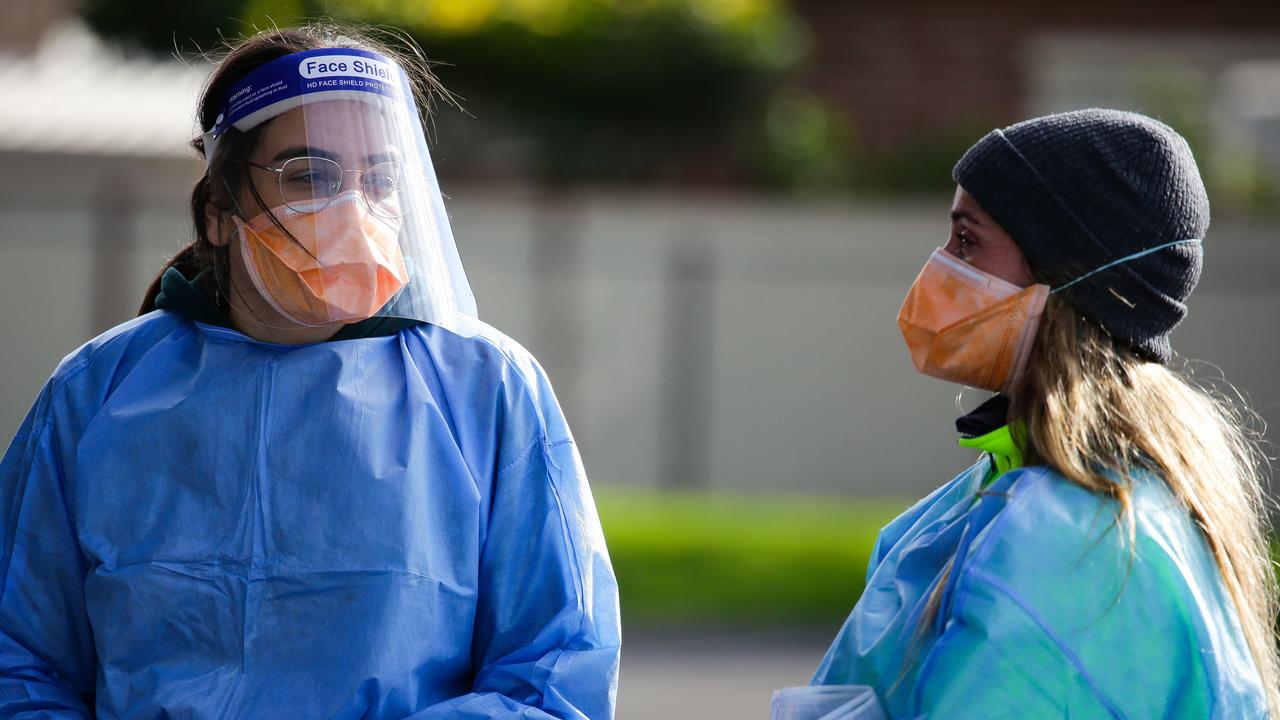
The next week in NSW will be crucial to see whether a stricter lockdown introduced on Sunday can bring down cases, which have remained stubbornly high despite almost four weeks of stay-at-home orders.
“I wouldn’t call it hopeless at this stage but next week will be crucial,” Prof Prokopenko said.
“The current restrictions are very substantial, a lot of services are included – including retail and construction – which is a bold decision and I support that.
“How quickly we can turn the curve around is the question, I hope a week from now we’ll see the results.”




